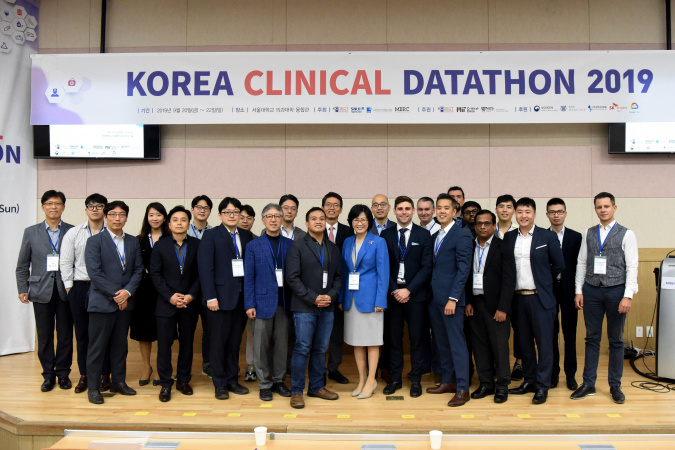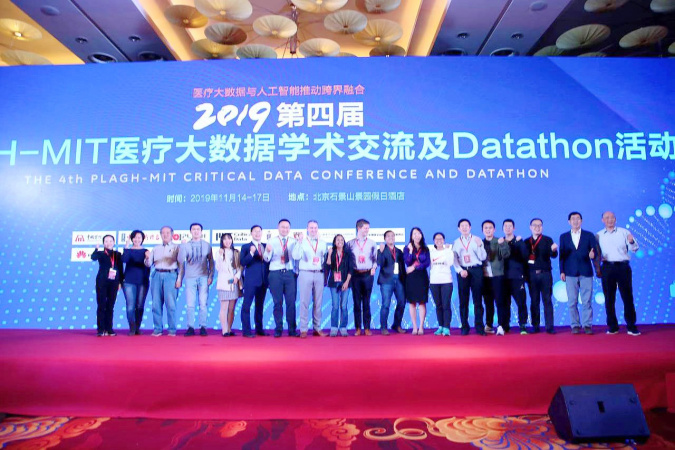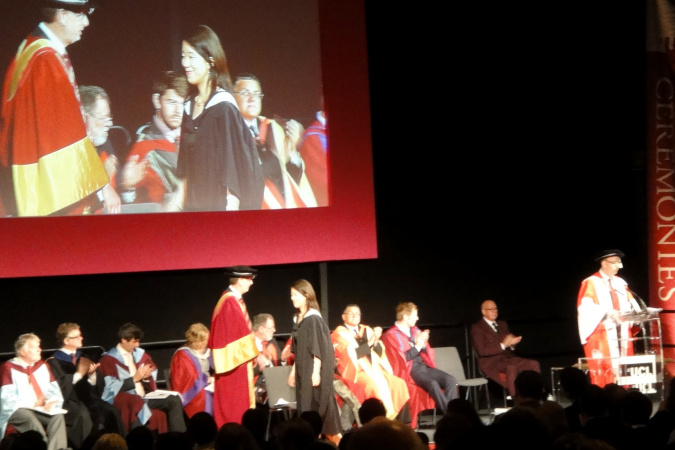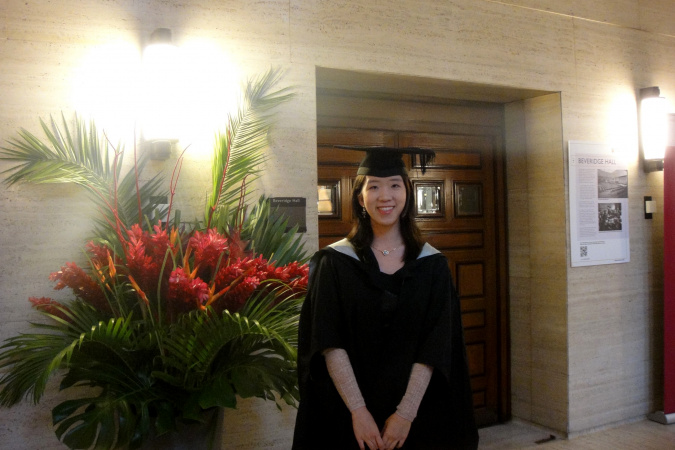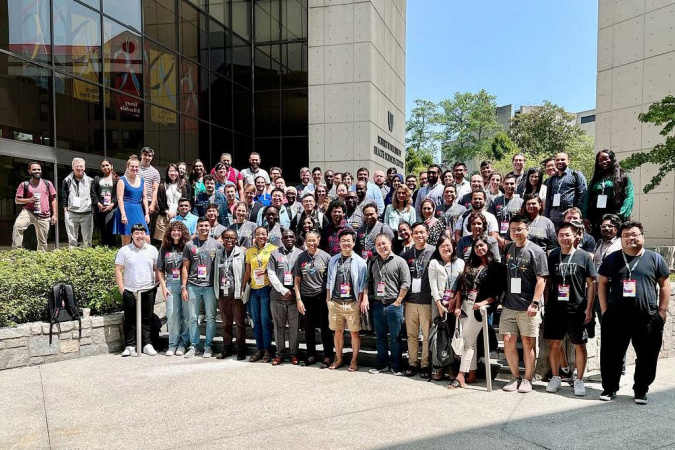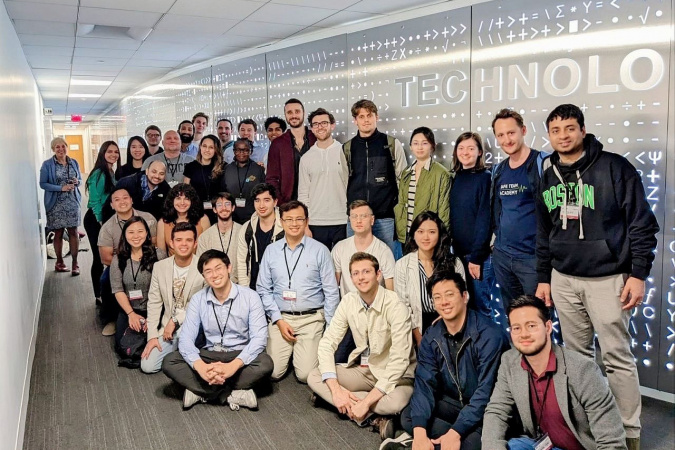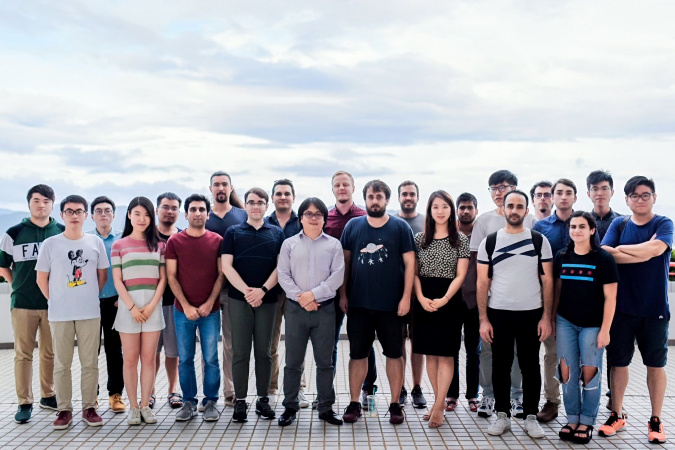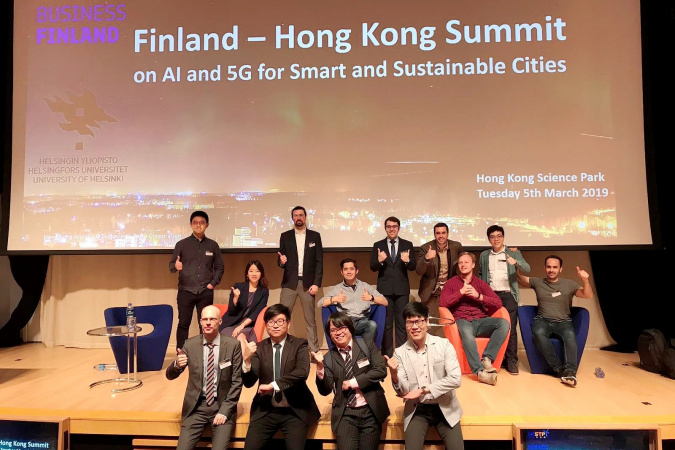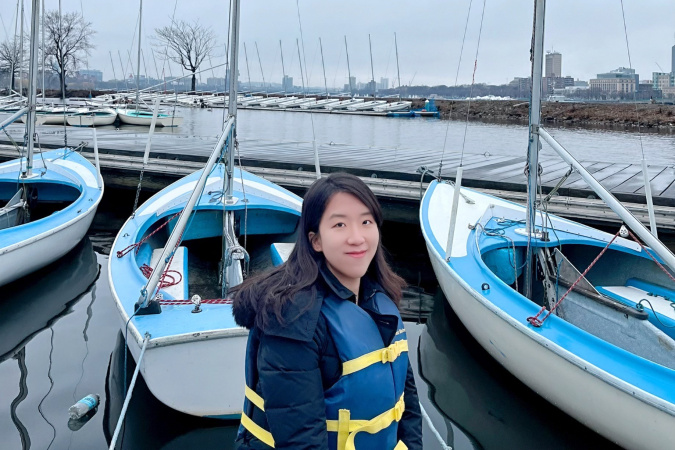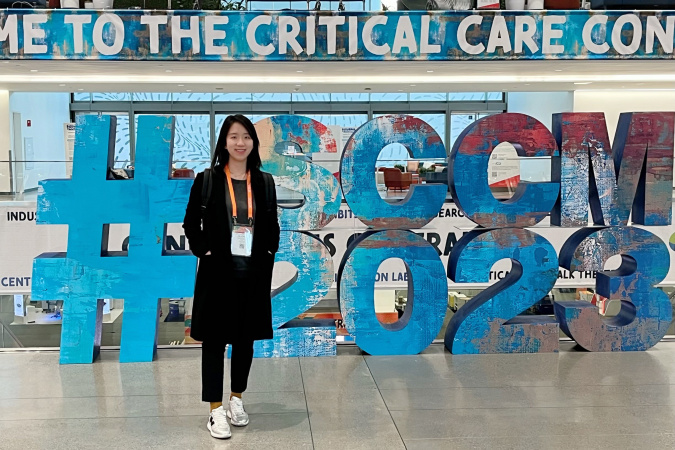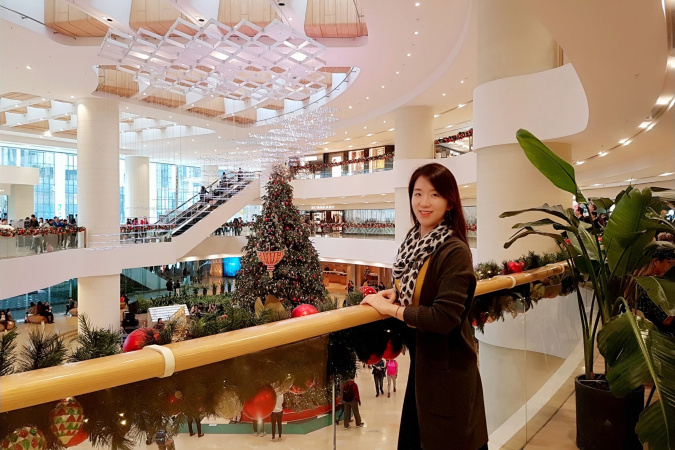PhD Graduate Dr Gloria Hyunjung KWAK
Integrating Artificial Intelligence with Healthcare
Dr. Gloria KWAK Brings Fairness and Practicality to Clinical Data
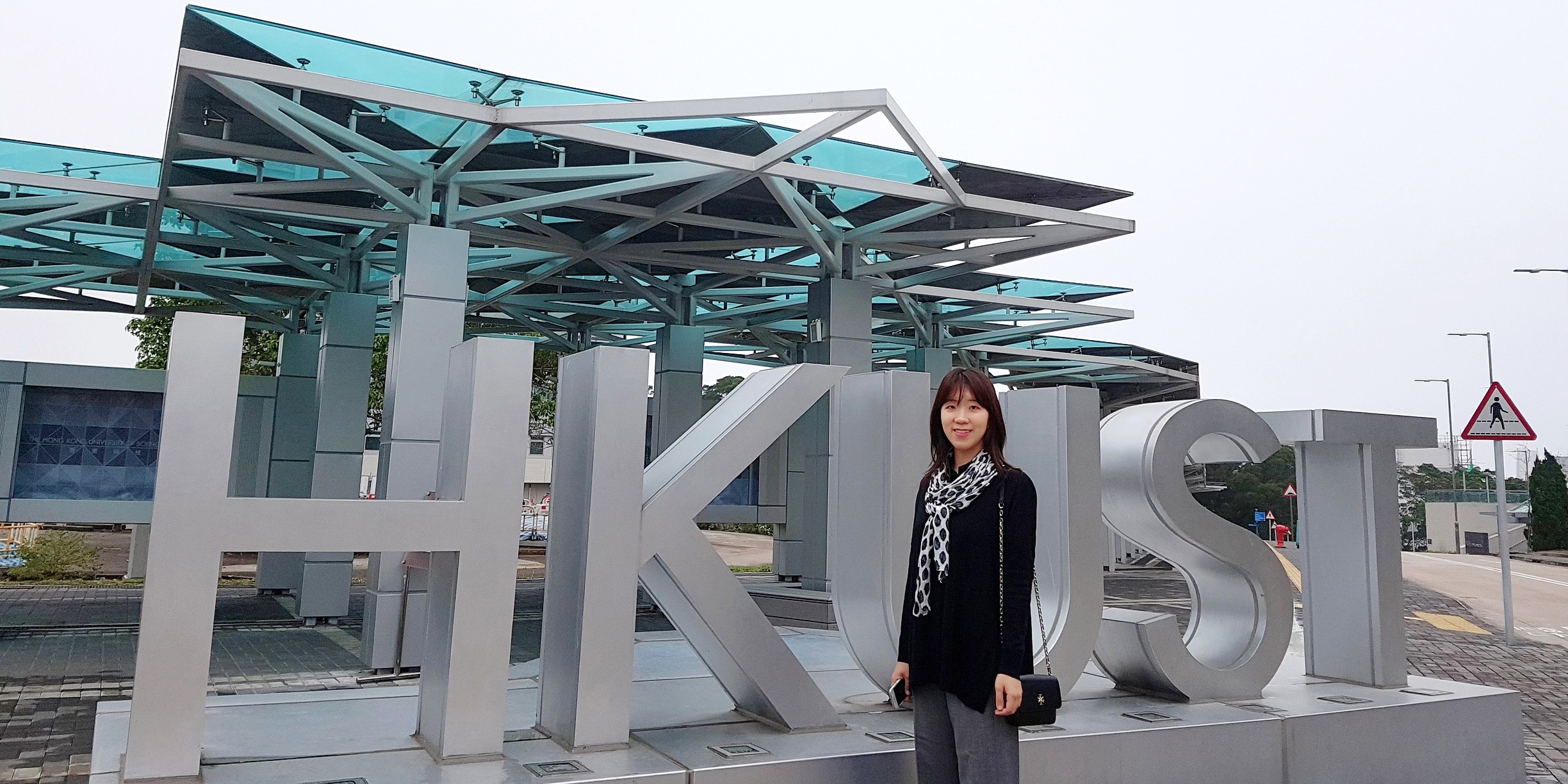
Since junior high, Gloria Hyunjung KWAK, an HKUST alumna with a PhD in Computer Science and Engineering (Class of 2021), has held to a firm belief that computer science lies at the heart of her pursuit of knowledge. Through her know-how from a master’s degree program in machine learning and after gaining several years of industry experience, Gloria made the decision to dedicate her expertise in Artificial Intelligence (AI) to the medical sector. This led to her thesis on Machine Learning Methods in Intensive Care Units for Clinical Decision Support, as well as her current role as a Postdoctoral Fellow at Harvard Medical School and Massachusetts General Hospital. Her interdisciplinary research is delivering a fair and practical system to help offer quality healthcare to society.
As a junior high school student with different subject areas of interest such as law and music, Gloria recognized the importance of proficiency in technology (computer science) for her career and personal development. During her Bachelor in Computer Science degree at Korea University, she asked herself an important question: How can she contribute her knowledge for the greater good? Since she enjoys observing patterns, understanding their nature, and bringing workable solutions to tackle issues, machine learning (ML) became her focus and the basis of her Master’s degree at the University College London.
Improving health services through AI
After working in industry for over two years, Gloria wanted to return to academia so as to conduct research on AI in medicine. She elaborates: “AI exhibits significant promise across various domains, and my specific interest lies in healthcare due to its fundamental nature as a human right and its direct impact on overall well-being. The potential of AI extends to mitigating shortages of healthcare professionals, enhancing our comprehension of intricate relationships involving social factors, healthcare interventions, and patient actions. This, in turn, can contribute to the development of more comprehensive and accurate healthcare systems. What captivates me most about AI in healthcare is its tendency to overlook considerations of fairness and practicability, despite its profound implications for human lives. It is this aspect, the intersection of AI and healthcare, with a keen focus on fairness and practical implementation, that draws me in. In my belief, AI can truly make a difference in bringing about fairness and practicability in healthcare. ”
Her innovative studies potentially cover health or biomedical engineering subjects, but Gloria wanted to return to her roots, hence opting for a university with a proven track record in computer science. With English being the main medium of instruction at HKUST, the University became the platform for her to commence research immediately.
“I am grateful for the opportunity to be doing my research, which is what I really love doing. There are always uncertainties. With each challenge I face during interdisciplinary research, the experience helps me grow as a person.”
Ensuring fairness and practicality of e-health information
Aiming to improve the quality of data with fairness and practicality, her interdisciplinary research sets out to observe and mitigate two sets of bias. An ML model was developed to understand treatment bias, in which the practice patterns and resources available at different hospitals affect the level of care that a patient receives. Another aspect of the study entails thoroughly analyzing and reviewing the ML model pre-processing, development and implementation in order to mitigate any data bias.
Gloria explains: “I have picked up several distinctions in the operations of hospitals in Boston and other cities in the US, the UK and Korea, when compared to Hong Kong. While there is no universal model that can address specific challenges posed by each location, it is important to collect data in an inclusive manner, regardless of social vulnerabilities or transportation limitations. I place strong emphasis on a real-world setting, because this ensures the algorithms are both equitable and practical.”
Friendship and support from HKUST
Recalling her time at the HKUST, Gloria shares her vivid memories of hanging out with friends at the China Garden restaurant on campus or enjoying the views from the library during rainy days. She is also appreciative of the caring culture that has helped her to overcome challenges during her research, crediting the support she receives from professors in various fields and departments within the HKUST and from other institutes in Hong Kong and Boston. Her friends from a wide range of backgrounds have helped to spark new ideas in her and add color to her life.
“Practising yoga not only helps me to alleviate stress and maintain good health, but also allows me to perceive research problems from a fresh perspective. I encourage students to have a hobby, or leverage the HKUST’s magnificent campus environment to get involved in physical activities like hiking and water sports.”
Devotion leads to influential role
While admitting that her current research is a long journey, given the substantial amount of effort to implement something new to the medical industry, Gloria remains committed and looks forward to being involved in policy-making surrounding AI in healthcare.
“I really enjoy my work, so I have a strong motivation to follow through on the research questions I formulated. Currently, our society have yet to fully embrace AI’s benefits. Proper understanding and collaboration with people from different backgrounds will enable us to develop fair and practical algorithms for the society. I believe I will be able to fulfil this communicator role and contribute to the policy-making process,” she concludes.

